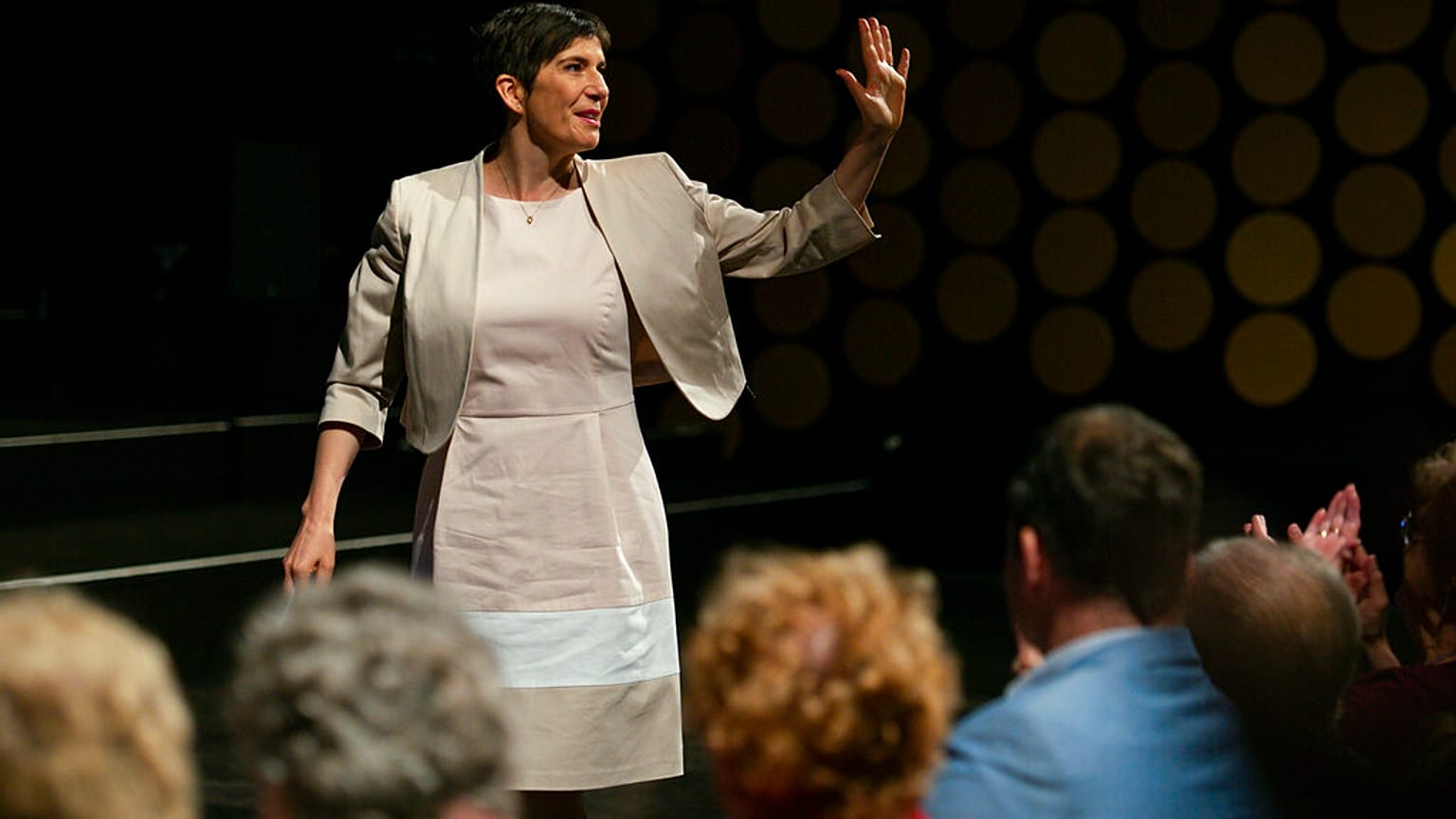Dobrev led the vote to decide who will take on Viktor Orban in next year's presidential election.
Klára Dobrev, the vice president of the European Parliament, has won the first round of an opposition primary that will decide who heads the coalition of parties vying to unseat Viktor Orban in 2022.
 ADVERTISEMENT
ADVERTISEMENT
 ADVERTISEMENT
ADVERTISEMENT
Dobrev - who represents the Democratic Coalition (DK) party and is married to former Prime Minister Ferenc Gyurcsány - claimed victory on Thursday with counting completed in 95 of 106 constituencies.
Dobrev, 49, won 35% of the vote compared to just under 28% for rival Gergely Karácsony, the popular mayor of Budapest, and just over 20% for Péter Márki-Zay, the mayor of Hódmezővásárhely.
Jobbik candidate Péter Jakab came in fourth place with just over 14% of the national vote.
Dobrev, Karácsony, and Márki-Zay will now proceed to the second round of the primary, which will be held between October 4 and 10. Speaking on Wednesday, Márki-Zay suggested that he or Karácsony could stand aside to improve either's chances of beating Dobrev.
Whoever ultimately triumphs in the primary - the first time an opposition leader has been elected in this way in Hungary's history - will lead a coalition of six political parties that range from far-right to socialists to environmentalists, all united against Orban and his Fidesz party.
Fidesz has dominated Hungarian politics for over a decade and Orban has used his two-thirds majority in parliament to alter the political system to entrench his and his party's political power.
Those changes, as well as rising anger from across the political divide at Orban's stances on issues such as migration, press freedom, and LGBT rights, has galvanised the opposition ahead of 2022.
Despite Dobrev's victory, Karácsony remains the favourite to lead the opposition next year, likely to attract those that opted for Jobbik in the first round and potentially Márki-Zay voters too.
A coalition headed by Karácsony in parliamentary elections in 2018 was heavily defeated, coming in third nationally after Fidesz and Jobbik with just under 12% of the vote. But when Karácsony ran for mayor of Budapest in 2019 he comfortably beat the Fidesz-backed incumbent, István Tarlós.
That victory came after Jobbik, an extreme-right party that has since claimed to have re-orientated to the centre, declined to run a candidate for mayor and take votes away from Karácsony.
Even with a united opposition, a national poll is likely to be extremely close. In 2018, Orban won 50% of the vote to around 45% by the six opposition parties combined.
Just 7% - or around 634,000 - of the eight million voters in Hungary voted in the primary between September 18 and 28, AFP reported.
Voters were also asked across 106 constituencies which candidate from the six parties should run in the national poll next year. Full results are here.














